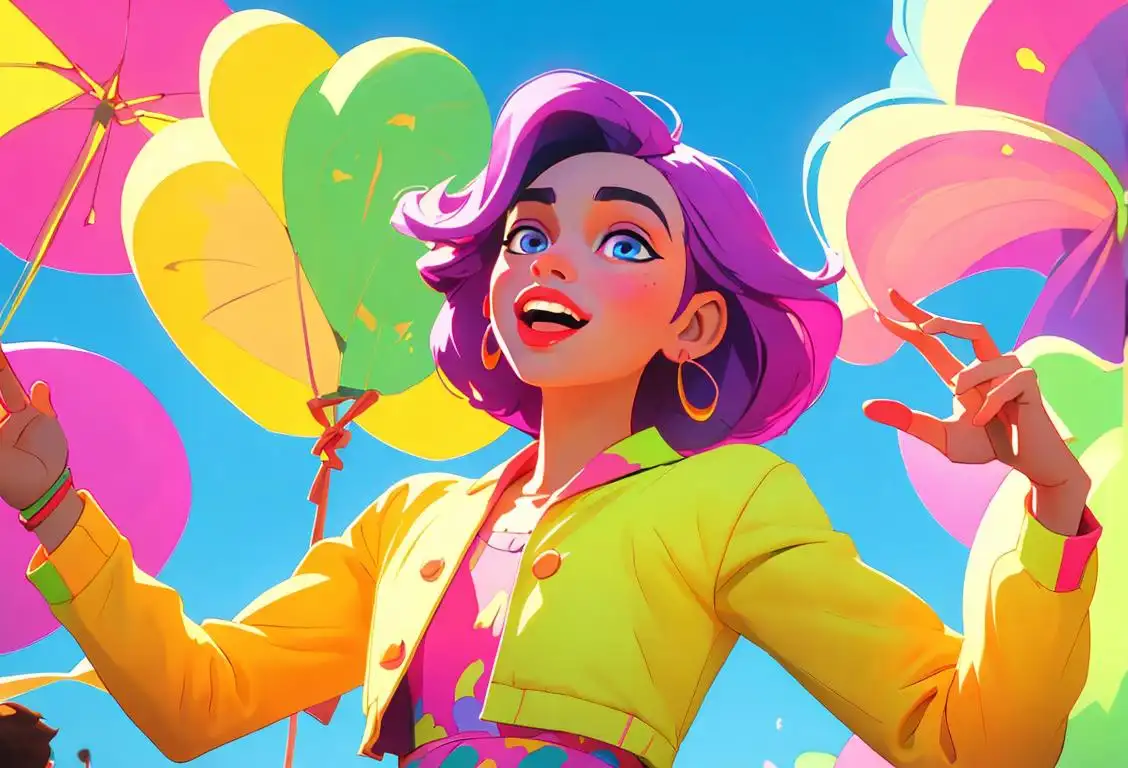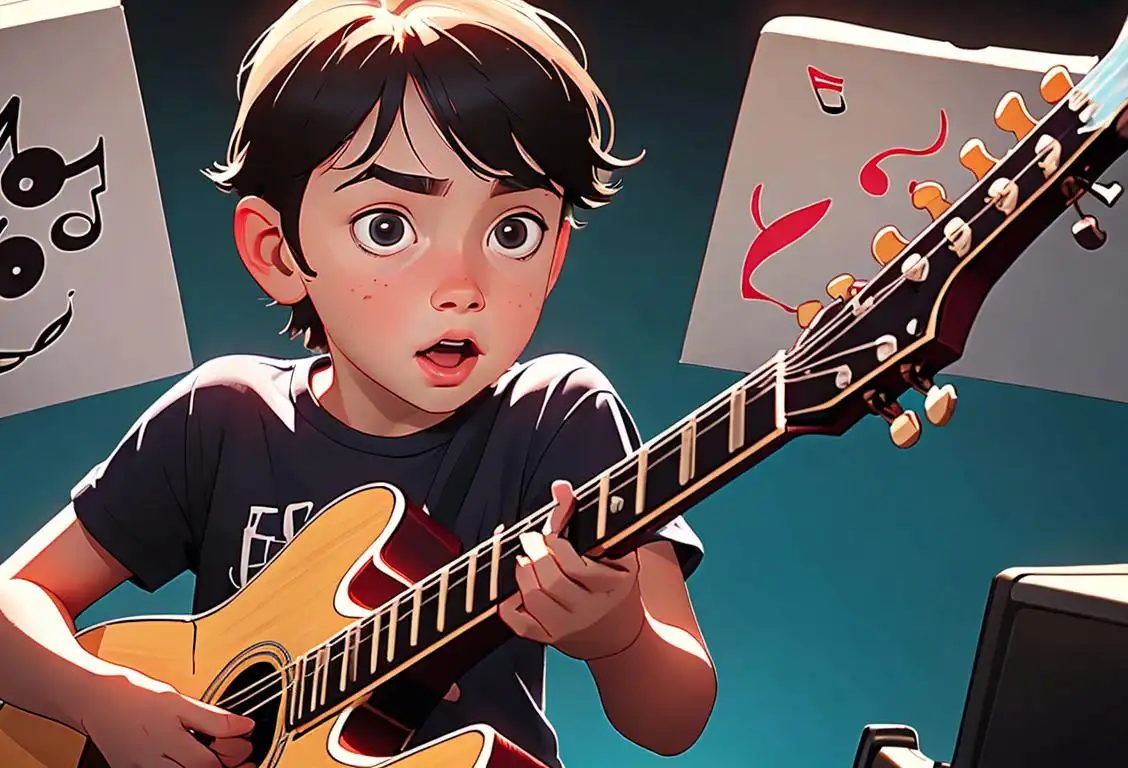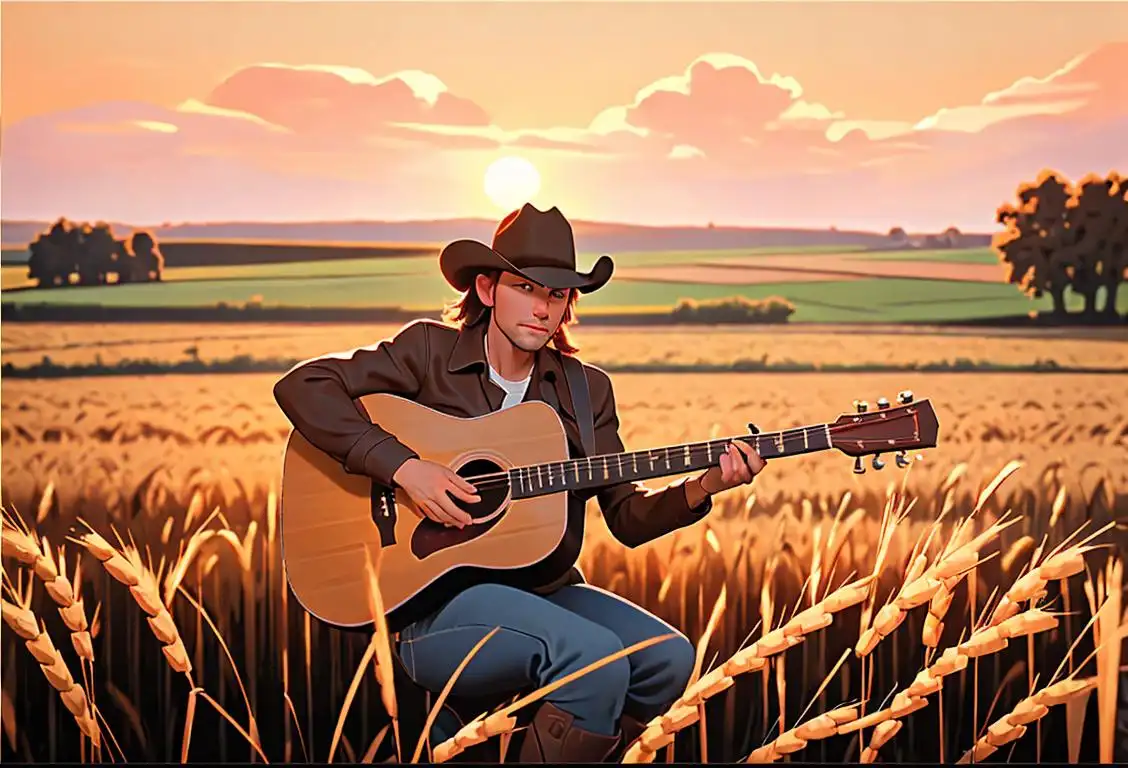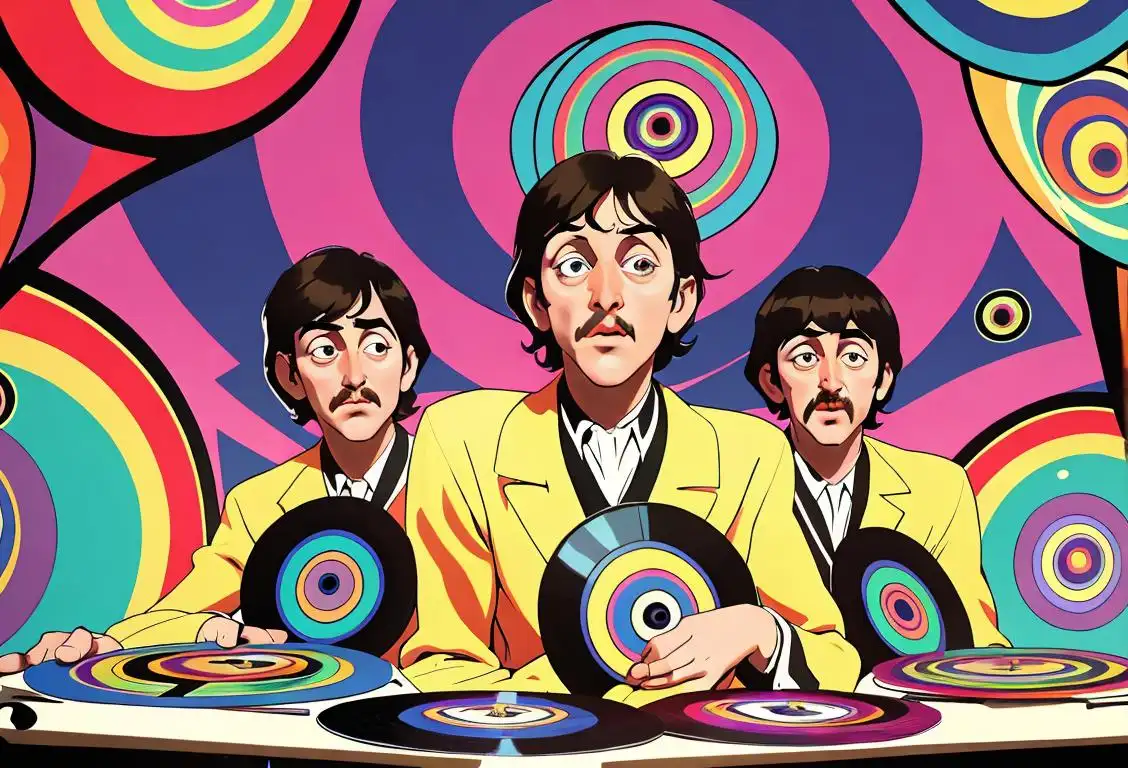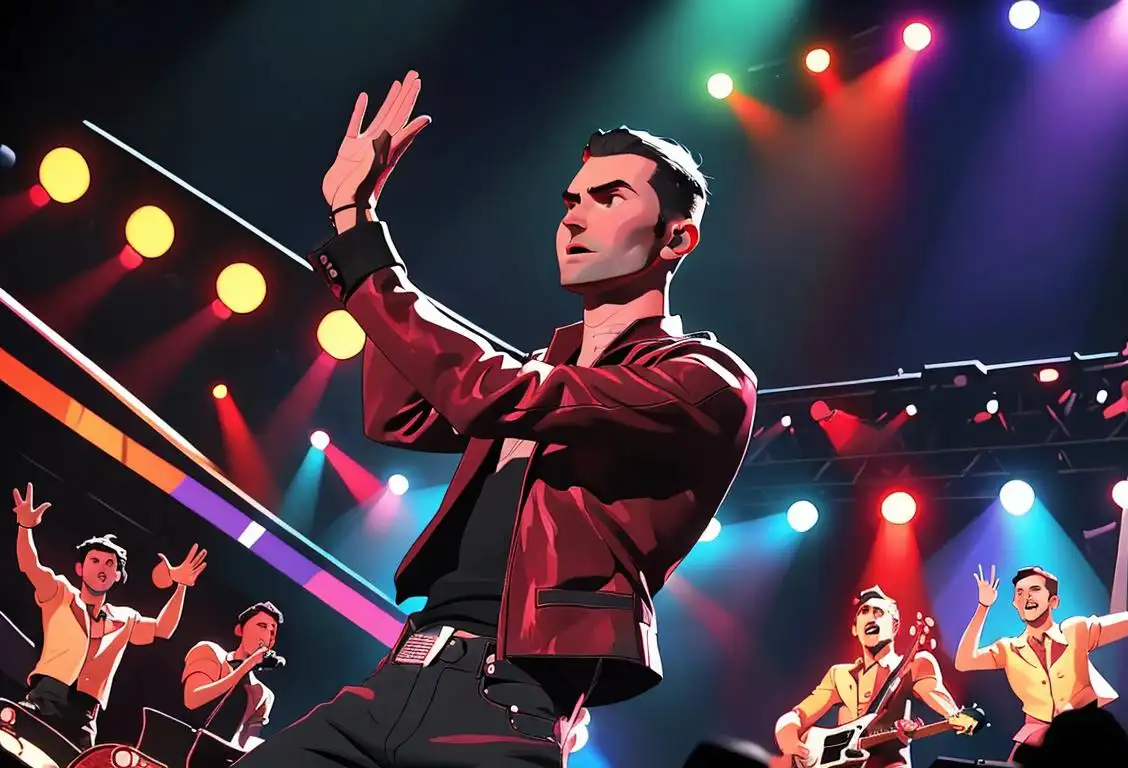National Sa Music Day
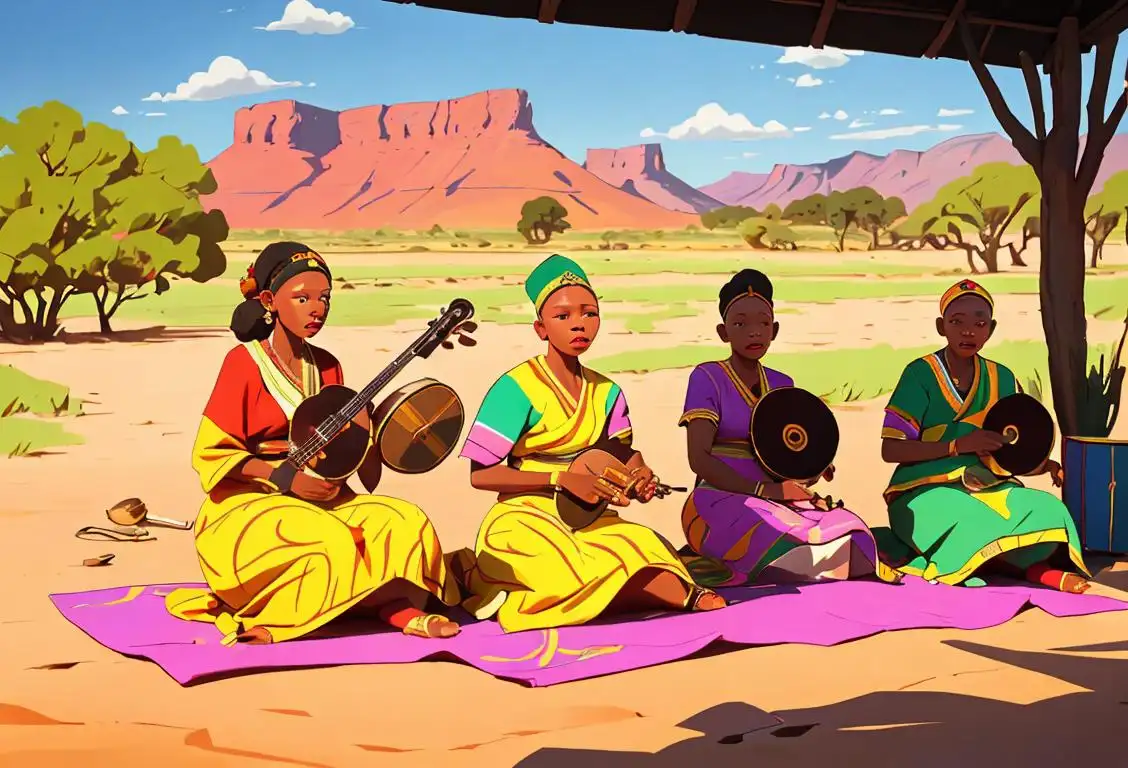
Welcome to the wonderful world of National SA Music Day! Prepare to be serenaded by the joyous melodies and toe-tapping beats of South African music. This day celebrates the rich musical history and talent that this vibrant nation has to offer. So, grab your dancing shoes and get ready to groove to the rhythm of the rainbow nation!
When is Sa Music Day?
It's national sa music day on the 21st September.
A Harmonious History
National SA Music Day is a relatively new addition to the realm of national days. It was first recognized on September 21, 2018, making it fairly fresh on the scene. However, its impact has been far-reaching, as South African music holds a special place in the hearts of both locals and music enthusiasts worldwide.
South African music is a diverse tapestry woven with threads of various genres, including township jazz, mbaqanga, kwaito, and more. It reflects the nation's history, culture, and struggles, while also serving as an expression of joy and celebration.
Let the Music Play
On National SA Music Day, the air is filled with melodies and rhythms that transport you to a world of musical delight. From the soulful sounds of Miriam Makeba to the catchy beats of Mafikizolo, the day pays homage to the iconic South African artists who have paved the way for future generations.
So, round up your loved ones and turn up the volume! Host a dance party, create a South African music playlist, or even take the opportunity to learn some traditional African dance moves. Let the music guide your hips and bring a smile to your face!
A Did-You-Know Moment
Did you know that South Africa is home to the longest-running music awards ceremony in the country? The South African Music Awards (SAMAs) have been celebrating the best of South African music since 1994. It's a night of glitz, glamor, and, of course, incredible performances that showcase the immense talent within the nation.
History behind the term 'Sa Music'
1920
The emergence of Marabi music
In the early 1920s, a unique style of music known as Marabi began to gain popularity in the townships of South Africa. Marabi was a fusion of traditional African rhythms and Western influences such as jazz and ragtime. It is considered the precursor to SA (South African) music and played a significant role in shaping its sound.
1930
The Big Band era
During the 1930s, South Africa experienced a surge in Big Band music, which heavily influenced SA music. Big Bands featured large ensembles of musicians, including brass and woodwind instruments, and played a mix of jazz, swing, and African rhythms. These larger ensembles helped establish the foundation for the orchestral arrangements commonly found in SA music.
1940
The rise of Kwela
The 1940s saw the emergence of Kwela music, a lively and infectious genre rooted in traditional African pennywhistle music. Kwela, meaning 'climb' in Zulu, became immensely popular among street musicians and spread across the townships. Its catchy melodies and vibrant rhythms influenced later SA music styles and added a distinct flavor to the overall sound.
1950
Mbaqanga takes the stage
In the 1950s, Mbaqanga burst onto the SA music scene. Combining elements of jazz, marabi, and kwela, Mbaqanga became the soundtrack for urban black South Africans. Its groovy beats, guitar-driven melodies, and captivating vocal harmonies resonated with the struggles and aspirations of the black population during the apartheid era.
1994
Post-apartheid cultural revival
With the end of apartheid in 1994 and the dawn of democracy in South Africa, the country experienced a cultural revival, and SA music played a central role. Artists from various backgrounds explored a wide range of genres, blending traditional rhythms with contemporary sounds. The diversity and richness of SA music continue to evolve, reflecting the nation's multicultural identity.
Did you know?
Did you know that South Africa is home to the longest-running music awards ceremony in the country? The South African Music Awards (SAMAs) have been celebrating the best of South African music since 1994.Tagged
fun loved ones musicFirst identified
20th September 2018Most mentioned on
21st September 2018Total mentions
165Other days
Fall Tour Announcement Day
Sa Music Day
Vibes Day
Learn To Play Day
Country Music Day
Nayeon Day
Beatles Day
International Worldwide Jungkook Day
Listen To Echosmith Day
Adam Levine Day

